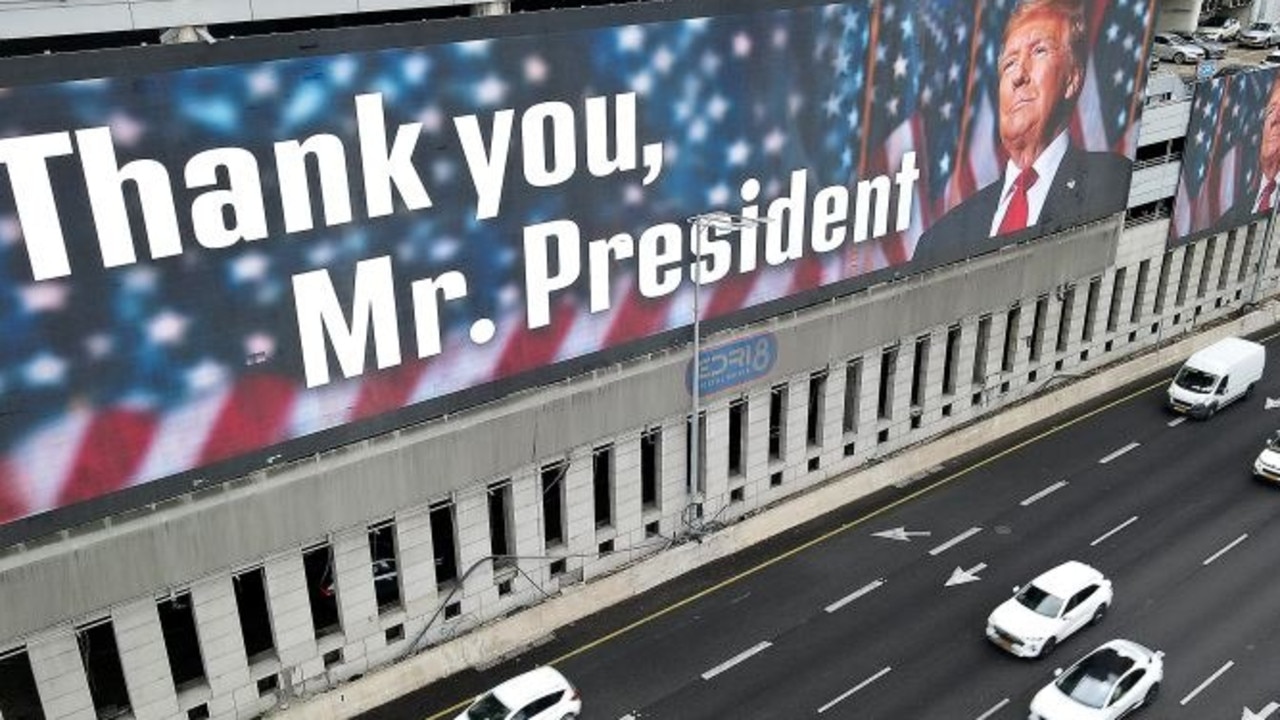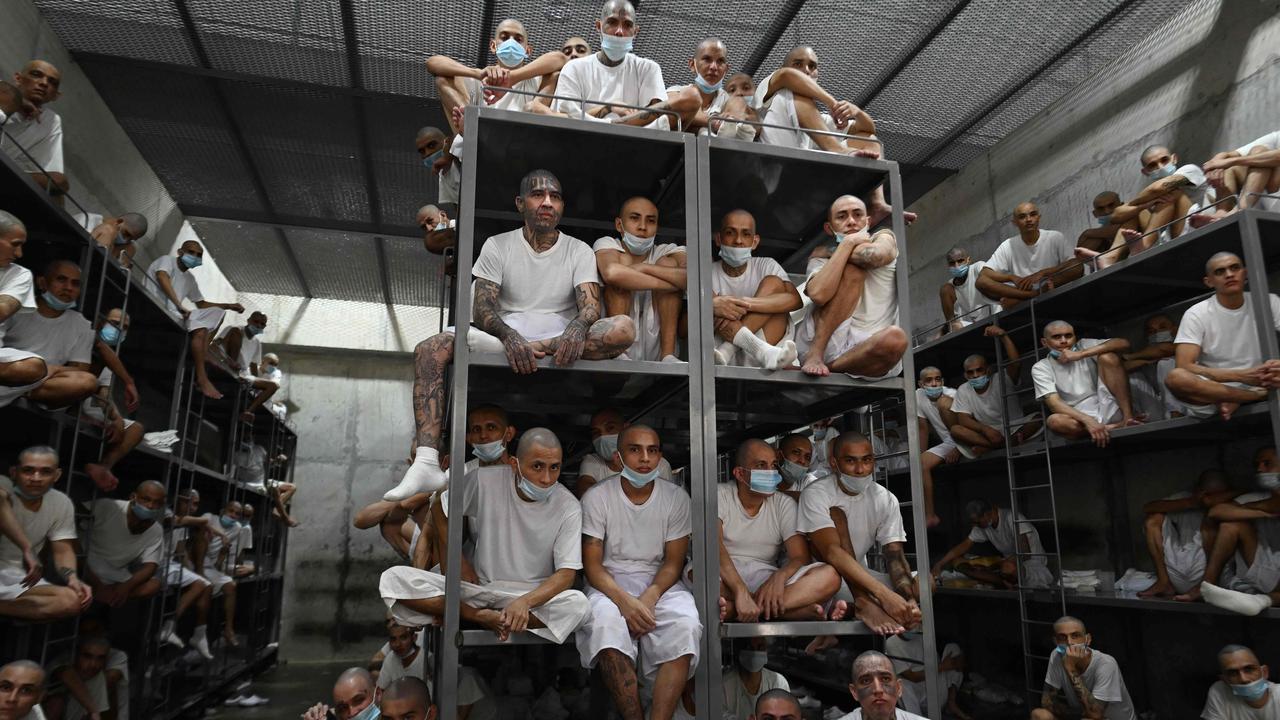Gillette cuts into P&G’s profits
Procter & Gamble reported its highest quarterly sales growth in more than a decade, riding strong demand for household staples.
Procter & Gamble reported its highest quarterly sales growth in more than a decade, riding strong consumer spending on household staples from toothpaste to laundry detergent even as the company continued to raise prices.
The strong quarterly sales were marred by an $US8 billion ($11.6bn) charge the Cincinnati-based company took to write down the value of the Gillette razor business it acquired 14 years ago. The charge is a reminder of the challenges facing big brands amid shifting consumer habits and new online entrants.
After years of trying to stoke demand by cutting prices, P&G and most of its rivals switched course about a year ago and have been pushing up prices across a range of products. The moves have paid off as consumers have been willing to absorb the increases, some of which were prompted by higher costs and have padded profits.
The maker of Tide detergent and Pampers nappies said organic sales — which strip out currency moves, acquisitions and divestitures — rose 7 per cent in the quarter. About half the gains came from higher prices. The company posted the strongest organic-sales gains in its beauty and healthcare businesses.
P&G’s results for the fiscal year that ended June 30 mark the biggest sales gain since the 2008 US recession.
Finance chief Jon Moeller said the results demonstrated that P&G’s turnaround effort, from slashing brands and jobs to streamlining the organisation, was working.
“We built momentum on sales, share and margin as the year progressed,” Mr Moeller said.
P&G was buoyed by a strong overall market in the US and in emerging markets, despite concerns about the global economy. Rivals Kimberly-Clark and Colgate-Palmolive also reported solid quarterly results, though they didn’t match P&G’s performance.
For the fourth quarter, the company posted a net loss of $US5.24bn, or $US2.12 a share, down from a profit of $US1.89bn, or US72c a share, a year earlier. The results were weighed down by the Gillette charge, which reduced earnings by $US3.02 a share.


